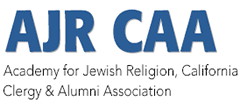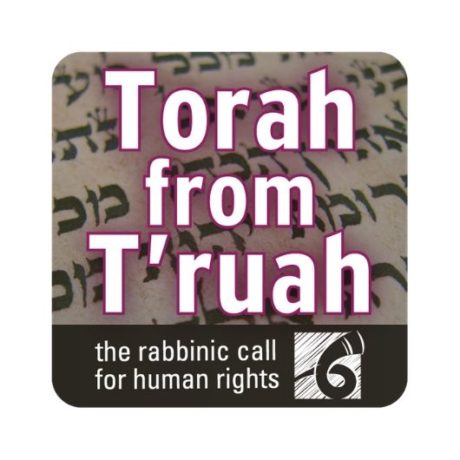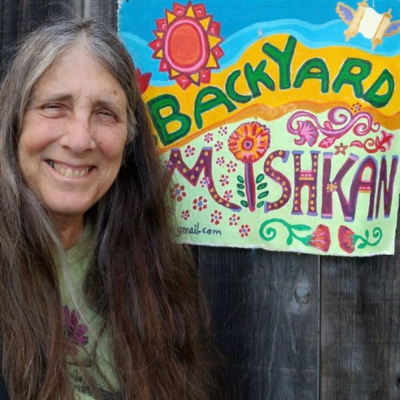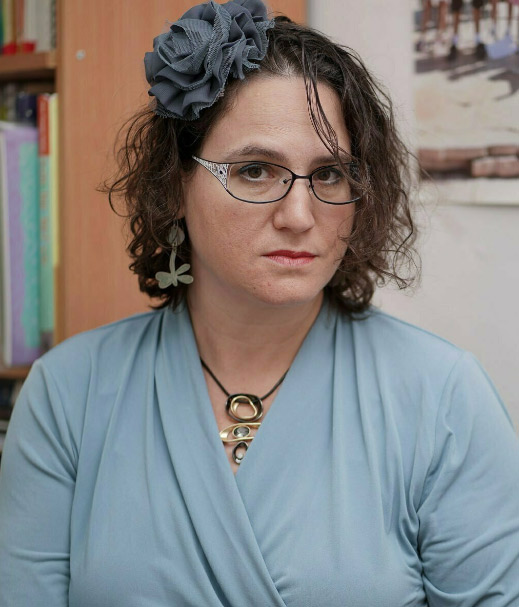Rabbi Rachel Barenblat: Vaetchanan Hear, Right Here
Moshe is speaking primarily to the descendants of the those whom he led out of Egypt; their parents had all lost hope. When Moshe explains that “this is the instruction for you”, he offers them the Sh’ma and V’ahavta. Although he was speaking to those particular individuals, his words speak directly to us, who have inherited our name from Jacob. We are commanded to love: to love mercy, truth, meaning, and hope:











